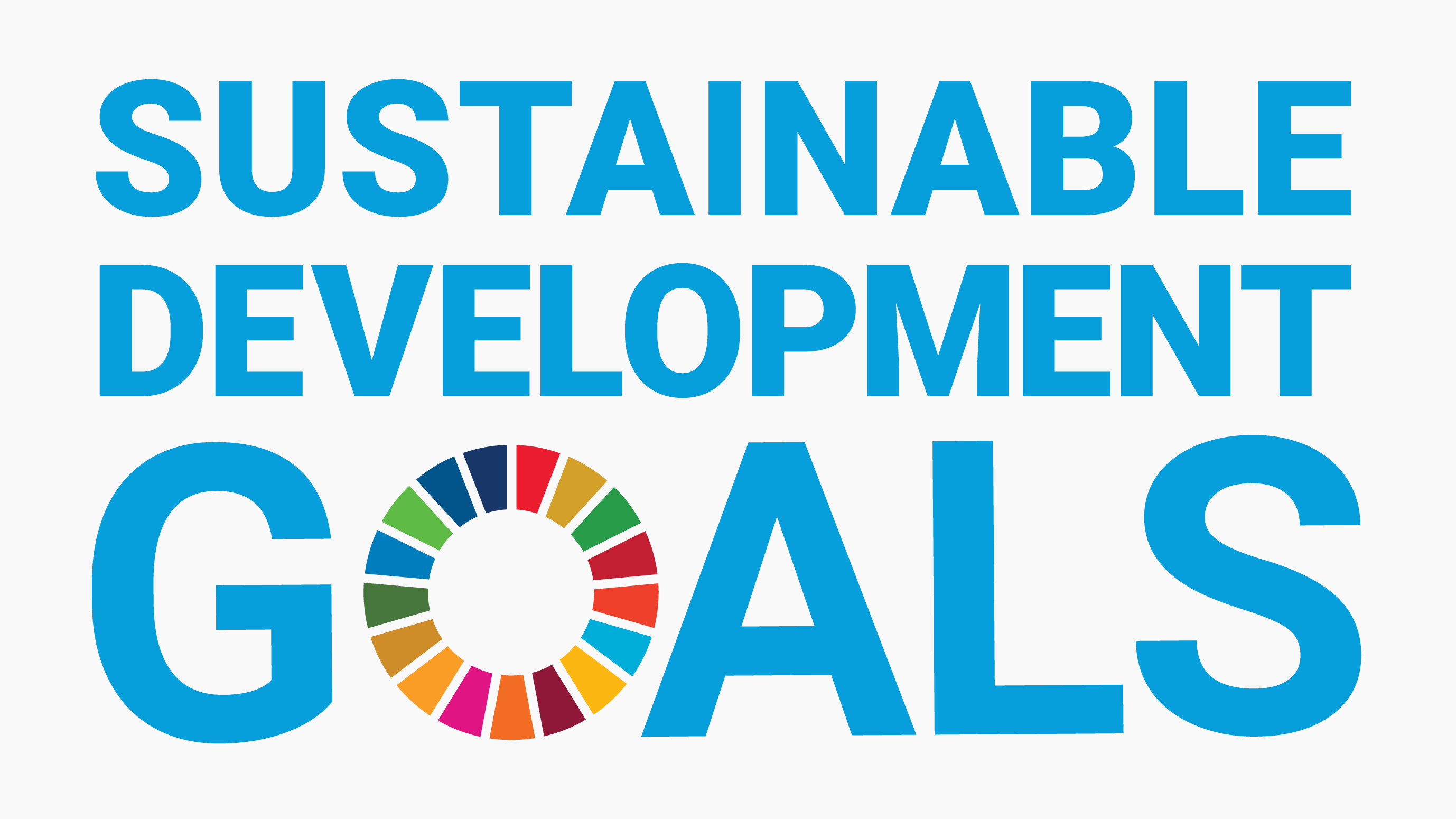Empirical research on low-carbon economic policies in developed countries-taking the United Kingdom, Japan, and Germany as examples

Since the United Kingdom first proposed the “low-carbon economy” development goal, the United States, European Union countries, Japan and other developed countries have responded and actively formulated their own and regional “low-carbon” development goals and policy measures. The policy measures taken by the UK, Japan and Germany to develop the carpet economy are summarized as follows:
1. United Kingdom
The British government has integrated the development of low-carbon economy and energy into the national macro development strategy, upgraded it to the height of the national strategy, planned and implemented it, and used a variety of policy measures to support it. Enterprises which use bio-energy, clean energy or renewable energy can obtain tax relief and the government encourages the rapid development of the new energy industry.
2. Japan
Japan’s experience in the development of new energy can be summarized as putting new energy and its development at a high level of national security. Legislation is put first, and the government leads the development and research of new energy technology. As for any new technology research or project to be advocated that is promoted by the state, relevant enterprises, research institutions and users can receive state financial subsidies, and can promote the development and popularization of new energy technologies through state financial support. These practices are worth learning and using for reference to all countries.
3. Germany
The German government proposes to implement a high-tech strategy for climate protection, and has successively issued five energy research plans, focusing on energy efficiency and renewable energy, and providing financial support for the “high-tech strategy”. In 2007, the German Federal Ministry of Education and Research formulated a climate protection technology strategy under the framework of the “high-tech strategy”. The strategy identified four key areas for future research, namely, basic research on climate prediction and climate protection, the consequences of climate change, methods for adapting to climate change, and research on policies and measures related to climate protection. At the same time, the strategy sets specific targets and timetables for climate protection, energy conservation and emission reduction through legislation and binding enforcement mechanisms.
We have compiled relevant successful experience in emission reduction through research on the low-carbon economic policy experience of developed countries, which can provide reference for other countries and help the world achieve the goal of “zero emission”.
About Us
Institute of International Exchange is an international non-governmental and non-profit organization. We hope to build an equal and friendly platform for exchanges and cooperation around the world.
© 2023 Institute of International Exchange




